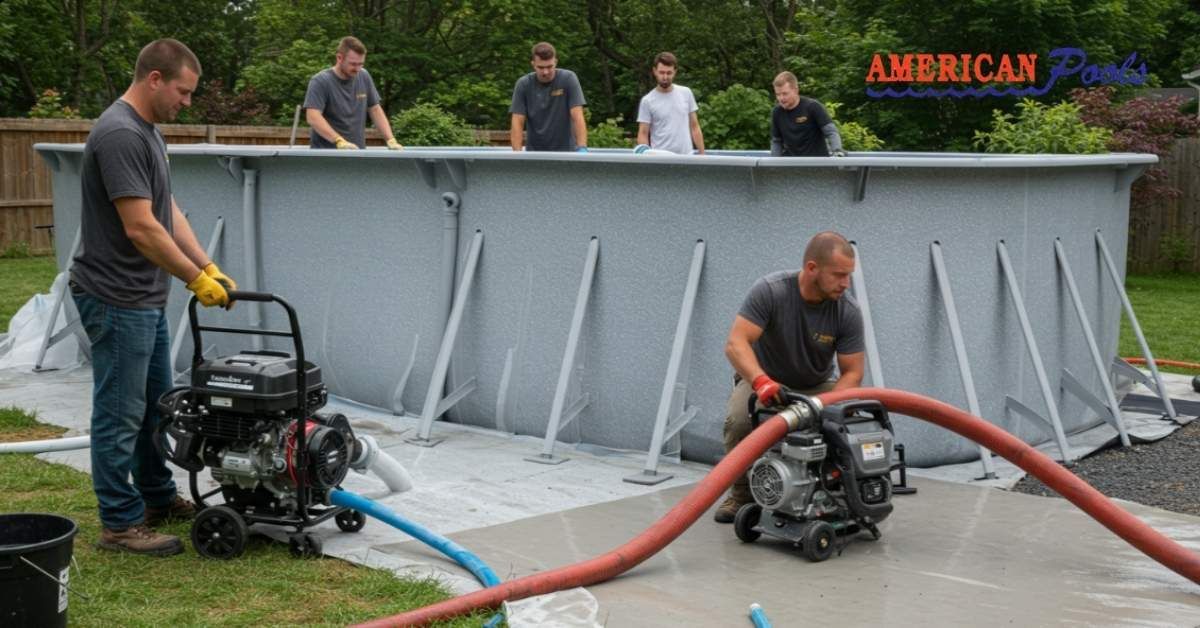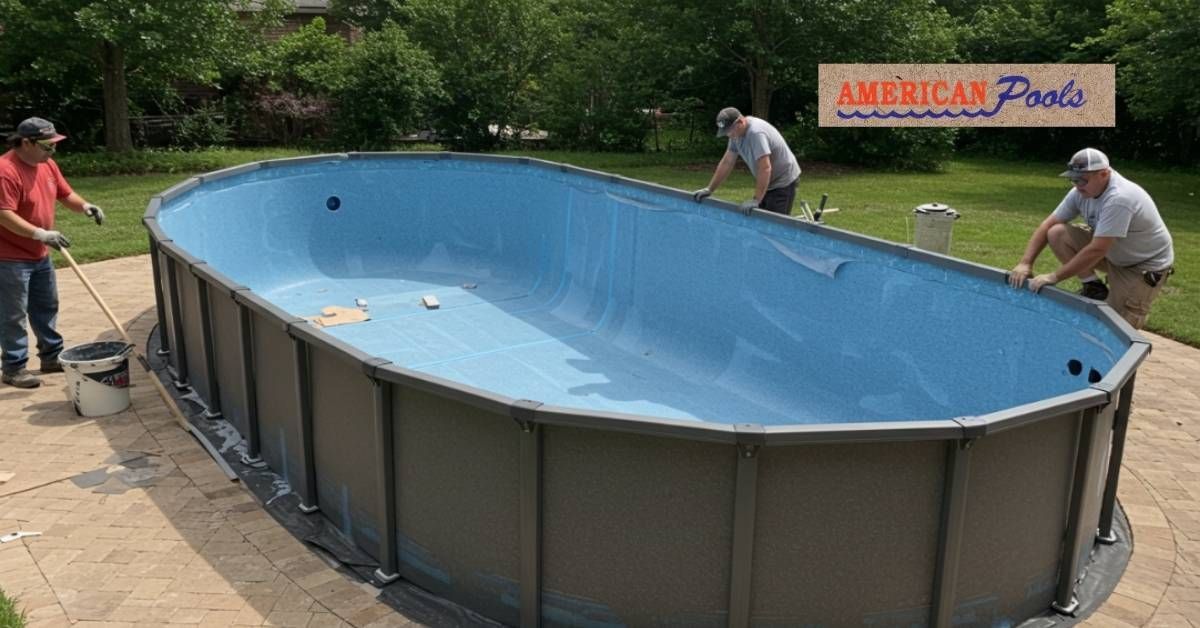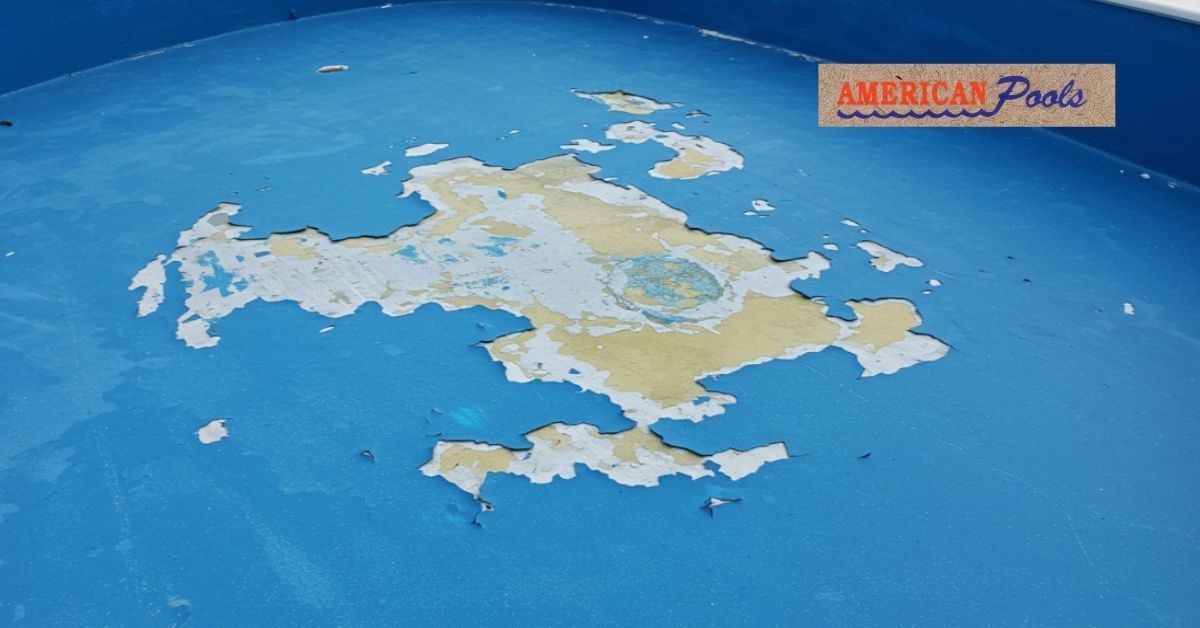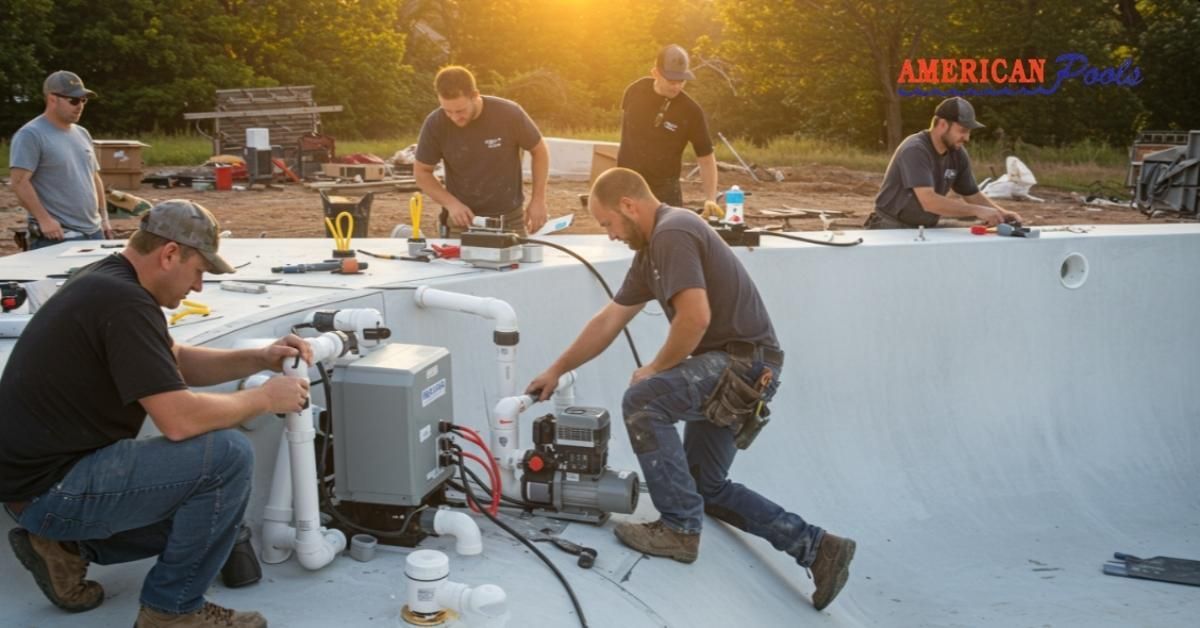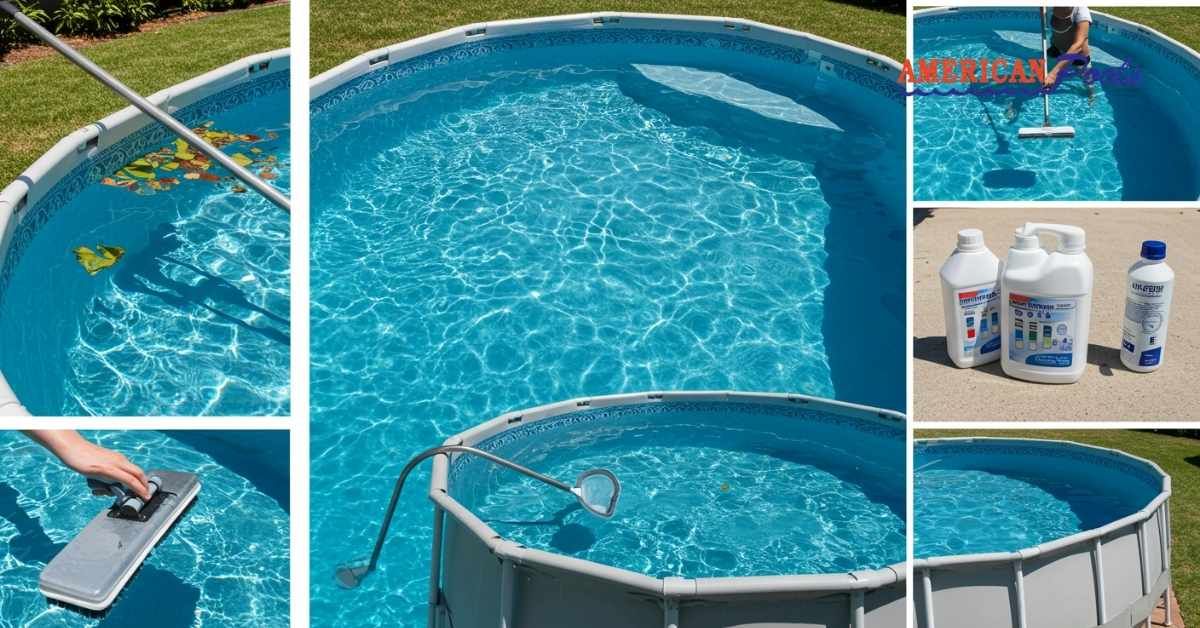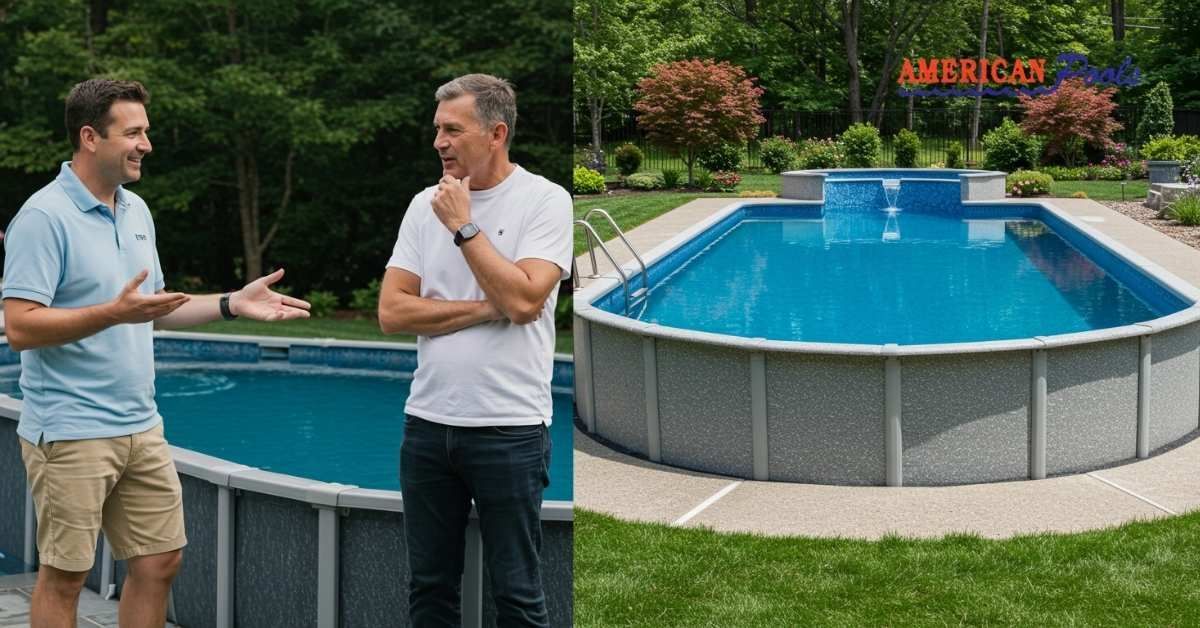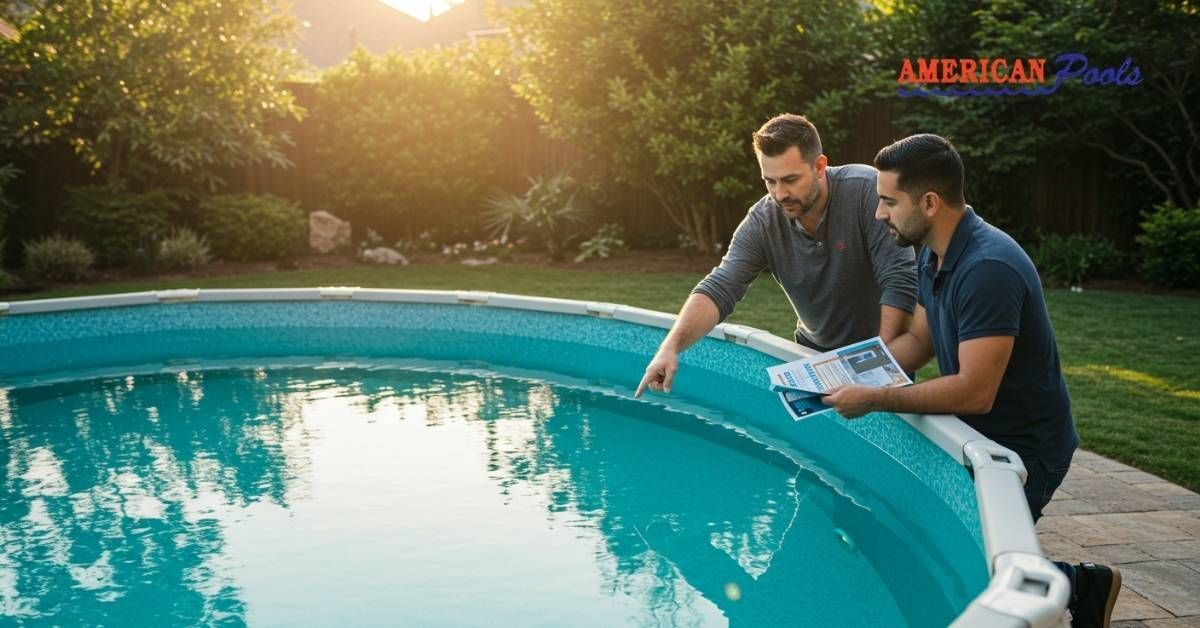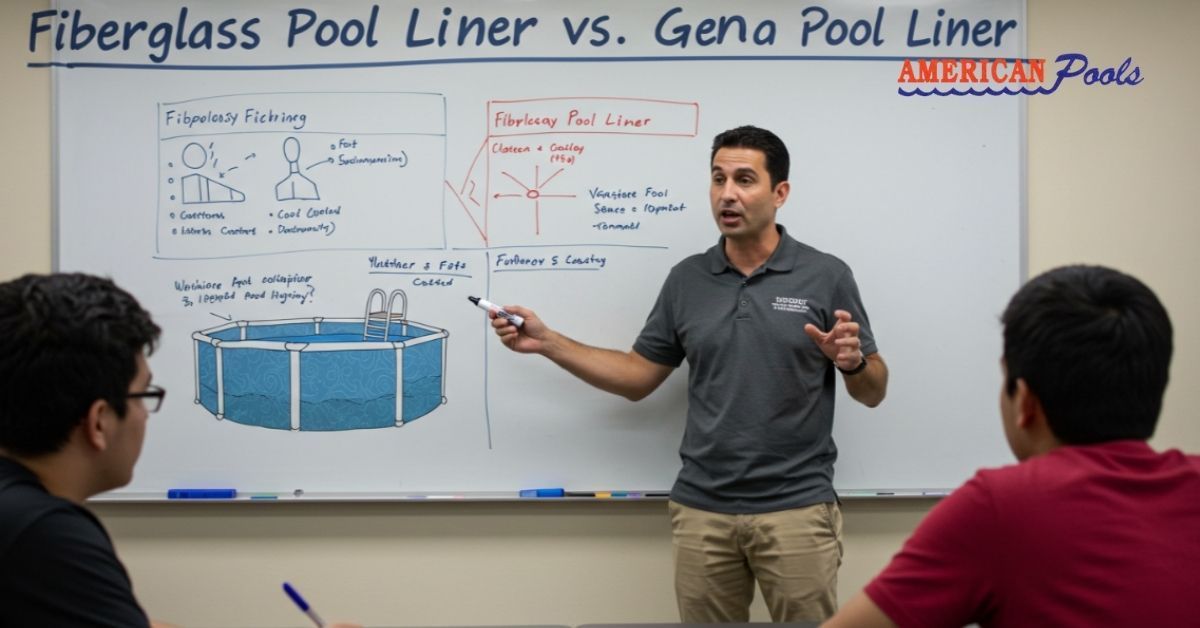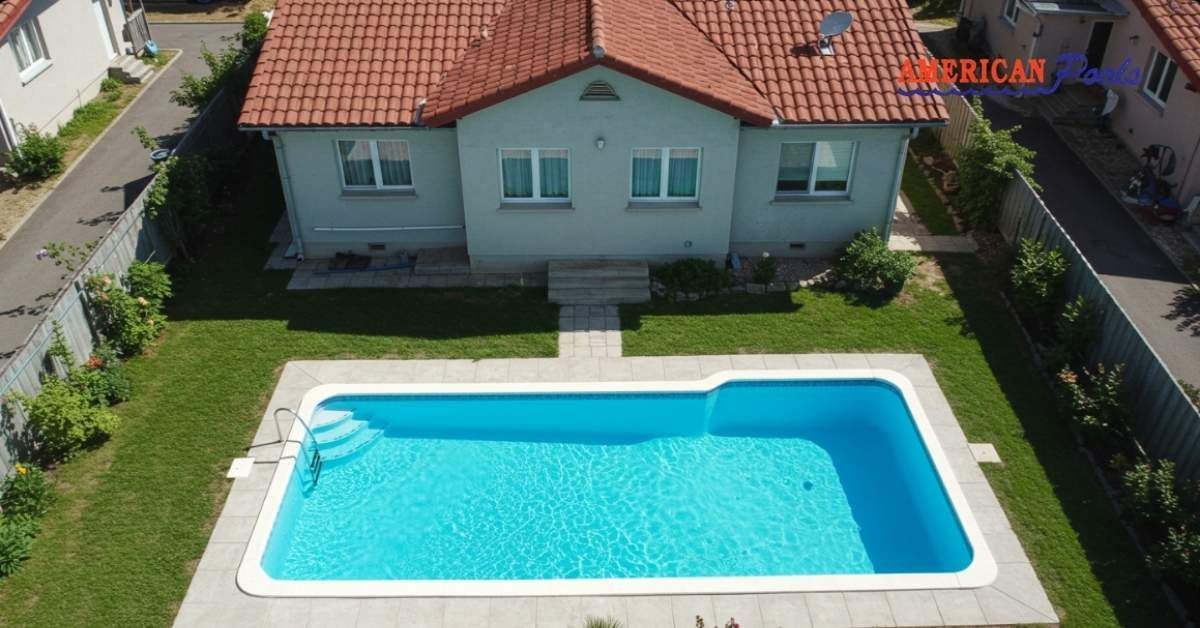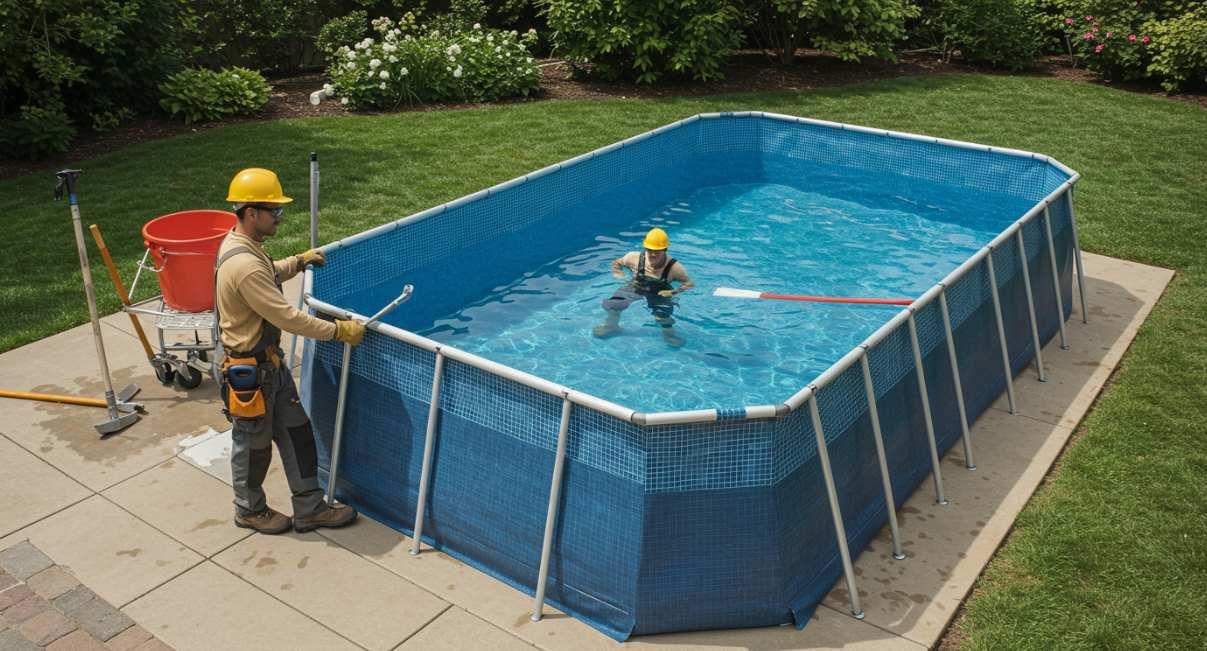Can a Fiberglass Pool Be a Salt Water System?
Consider switching to a saltwater system for your fiberglass pool. Or are you planning a new installation and wondering if salt water is compatible with fiberglass? You’re not alone—it’s one of the most common questions we hear from homeowners across Houston, Central Texas, Oklahoma, and Louisiana.
At American Fiberglass Pools, we’ve been building and maintaining high-quality fiberglass pools for over 50 years. In this guide, we’ll break down whether a fiberglass pool can be saltwater, what that means for your pool’s health, and whether it’s the right choice for your backyard oasis.
What Is a Salt Water Pool System?
Let’s start with the basics. A salt water pool isn’t filled with seawater. Instead, it uses a salt chlorine generator (a salt cell) to convert dissolved salt into chlorine. This provides continuous, low-dose sanitation that’s:
- Gentler on the skin and eyes
- Lower in harsh chemical odors
- Easier to maintain in the long run
Unlike traditional chlorine pools, where you manually add chlorine tablets or liquid, a salt water system keeps your water clean more naturally — and often, more comfortably.
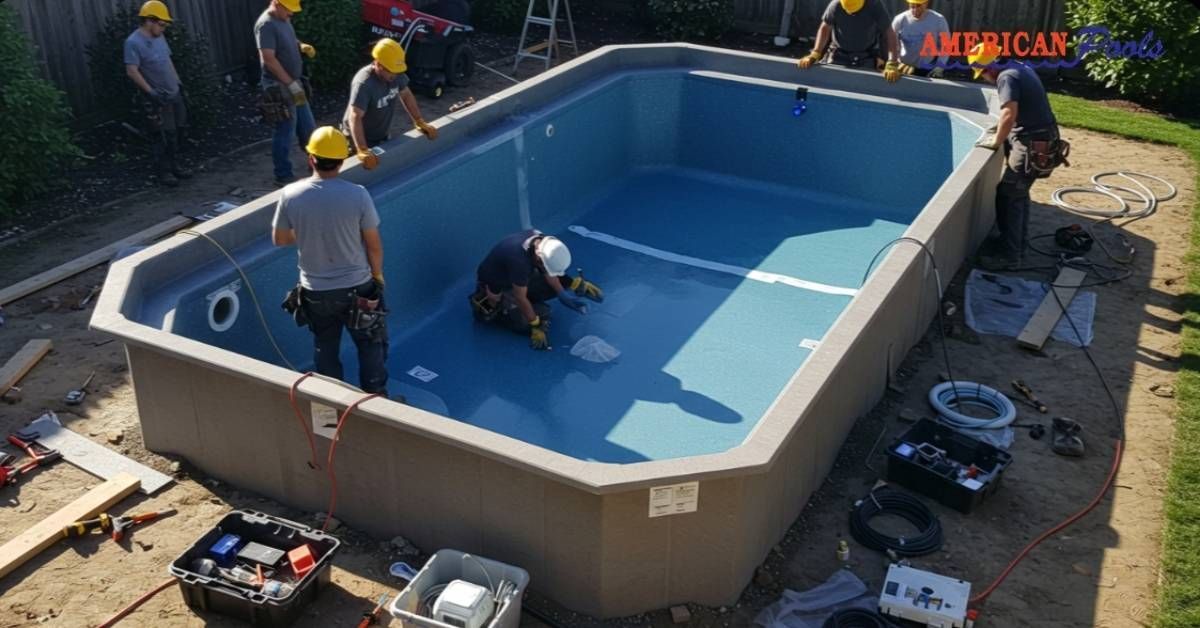
Can a Fiberglass Pool Be Salt Water?
Yes, fiberglass pools are not only compatible with salt water systems, but they’re also one of the best pool types for them.
That’s because fiberglass pools have a smooth, non-porous gel coat finish that resists corrosion and chemical buildup. This makes them ideal for the mild, consistent sanitation of salt water.
Some people still believe salt water can damage fiberglass. That myth comes from outdated pool technology. Today’s fiberglass pools, especially the ones designed and installed by American Fiberglass Pools, are built to handle salt systems without problem. They often outperform concrete and vinyl pools regarding long-term durability in salt water conditions.
Pros and Cons of Salt Water Systems in Fiberglass Pools
Here’s a quick breakdown of the key benefits and considerations:
| Pros | Cons |
|---|---|
| Soft, silky water feel | Higher upfront equipment cost |
| No harsh chlorine smell | Salt cells require periodic cleaning |
| Gentler on eyes and skin | Salt can corrode metal if not managed properly |
| Less daily maintenance | It may not be ideal for older pool components |
| Better long-term water balance | Not all accessories are salt-safe |
If your fiberglass pool is installed correctly and maintained, none of the cons are deal-breakers. Most can be easily managed with regular maintenance and a little expert guidance.
Can You Convert an Existing Fiberglass Pool to Salt Water?
Absolutely. Many homeowners are upgrading from traditional chlorine to salt water systems without replacing their entire pool.
Here’s a simple overview of what conversion typically involves:
- Testing and balancing your current water chemistry
- Installing a salt chlorine generator
- Making sure your pump, heater, and fittings are salt-compatible
- Optional: resurfacing or updating older components for better longevity
If your fiberglass pool needs a touch-up or facelift before the switch, American Fiberglass Pools' fiberglass pool resurfacing service can help you prepare for a smooth transition.
What We Recommend at American Fiberglass Pools
With 50+ years in the industry, we’ve seen almost every type of pool setup imaginable — and salt water systems are becoming increasingly popular for a reason.
We often recommend salt systems to:
- Families who want low-maintenance water care
- Homeowners who are sensitive to harsh chemicals
- Customers looking for a smoother swimming experience
- People installing new fiberglass pools wish for long-term value
On the other hand, if your pool already has older equipment or you don’t swim often, sticking to traditional chlorine may still be a good option.
Either way, we believe it’s all about fit, not just features. That’s why our team at American Fiberglass Pools works closely with every client to help them choose what’s best for their budget, usage, and long-term vision.
Maintenance Tips for Salt Water Fiberglass Pools
- Test and monitor salt levels regularly to maintain proper chlorine generation and water balance.
- Inspect the salt cell every few months to prevent calcium buildup, which can reduce system efficiency.
- Avoid using abrasive or harsh chemical cleaners on fiberglass surfaces to preserve the protective gel coat.
- Rinse pool decks and nearby surfaces after heavy splashing to prevent salt deposits from staining.
- Schedule seasonal maintenance with a pool professional to ensure all components remain in top condition.
Final Thoughts: Should You Go Salt?
A salt water system can be a fantastic choice for your fiberglass pool, especially if you value comfort, lower chemical use, and a smoother water feel. With modern materials and expert Fiberglass Pool Installation, there’s no reason a fiberglass pool can’t thrive with salt.
Still unsure if it’s right for you?
Let the experts at American Fiberglass Pools help. Whether you’re building a brand-new pool or upgrading your current one, we’ll guide you every step, just like we’ve done for thousands of happy customers over the last 50 years.
FAQs About Salt Water & Fiberglass Pools
Is salt water safe for fiberglass pools?
Yes. Modern fiberglass pools are fully compatible with salt water systems. Just be sure to maintain proper salt levels and avoid prolonged exposure of metal fittings to concentrated salt.
Does salt water damage pool surfaces?
Not fiberglass. The gel coat finish is non-porous and resists damage. Salt is more likely to damage concrete or vinyl over time.
How often do I need to clean the salt cell?
Typically, it is every 3 to 6 months. It depends on usage, water chemistry, and the brand of salt system.
Can I install a salt system myself?
It’s possible, but we recommend professional installation to avoid equipment mismatches and ensure safe wiring and flow rates.
Will I need to resurface my pool if switching to salt?
Only if your existing surface is worn or damaged can our fiberglass pool repair and resurfacing service restore your pool to salt-ready condition.

